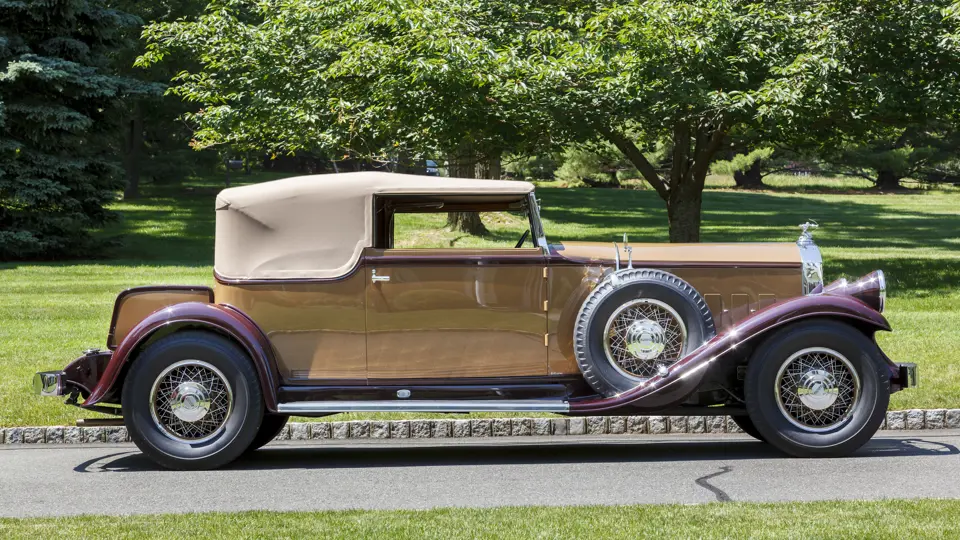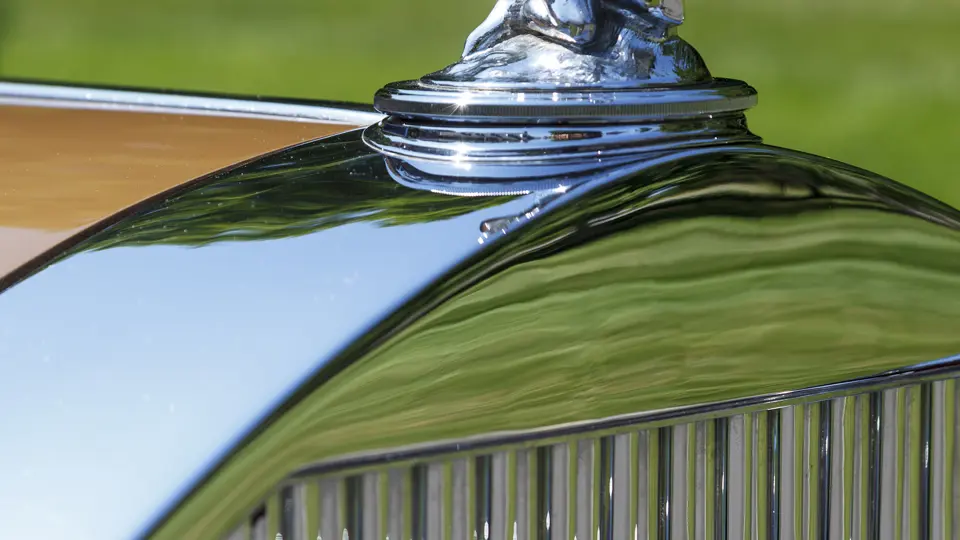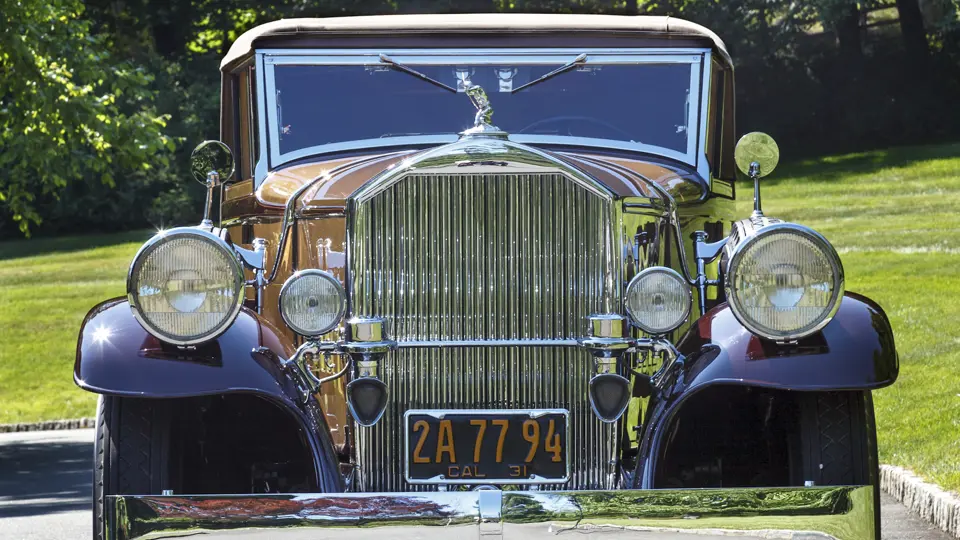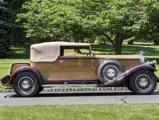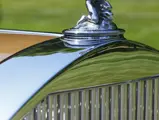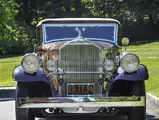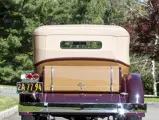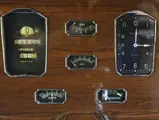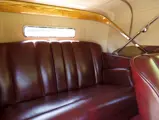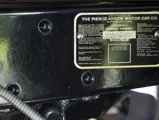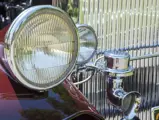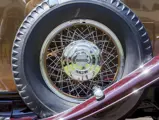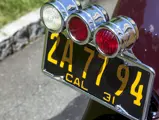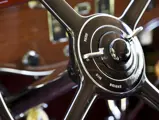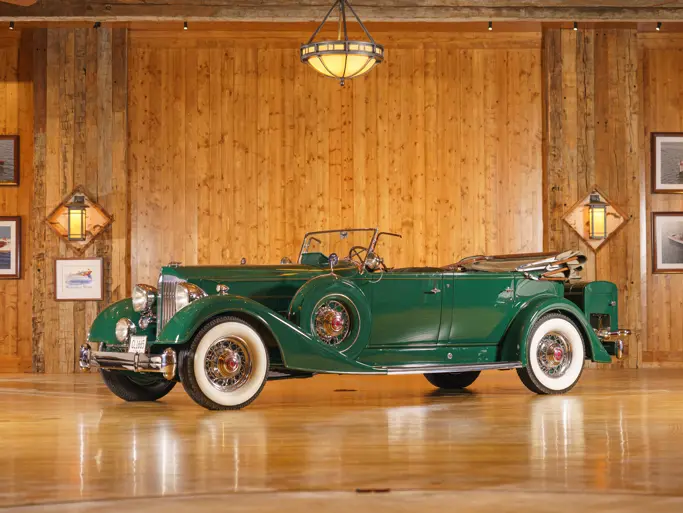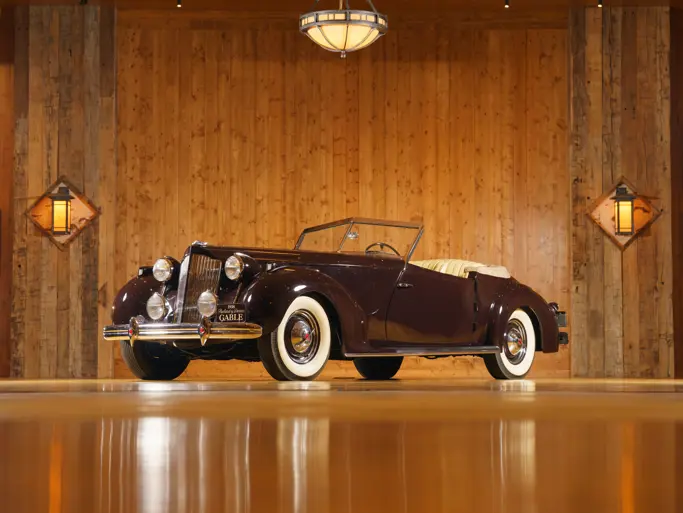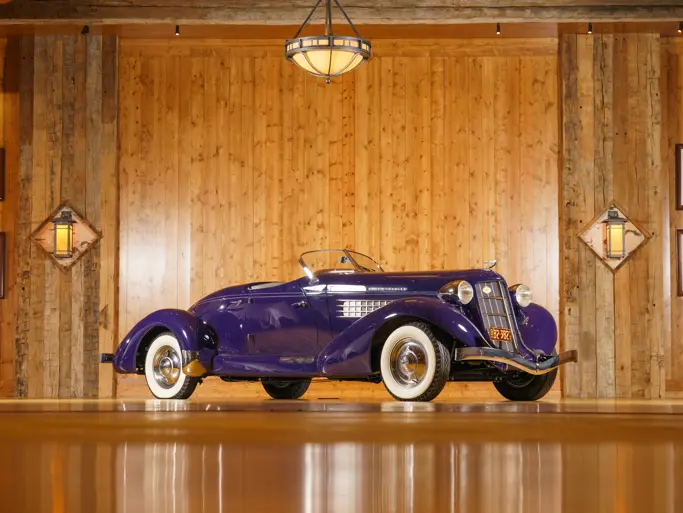132 bhp, 384.8 cu in L-head eight-cylinder engine, three-speed manual transmission with freewheeling, solid front axle and live rear axle with semi-elliptic leaf springs, and four-wheel mechanical drum brakes. Wheelbase: 147"
• Believed the sole example known to exist today
• Pebble Beach 2008 Best in Class Award recipient
• 2009 recipient of the Most Authentic Restoration from the Pierce-Arrow Society
The venerable Pierce-Arrow marque had a long and impressive history prior to the difficult 1930s, having manufactured some of the greatest motor cars of the Brass and Classic Eras. From its earliest cars, including the Great-Arrow as well as the 38, the 48, and the mighty Pierce 66, Pierce-Arrow was the choice of several U.S. presidents, as well as the elite of American society. In short, it was one of the premier American motor cars. Throughout the 1920s, the marque continued at the pinnacle of the American fine car market, along with Peerless and Packard, representing one of the legendary “Three Ps.”
The controversial merger of 1928 with Studebaker, driven by Pierce-Arrow’s acute need for cash to fund the development of new models, also provided the resources for a new and highly acclaimed eight-cylinder engine in 1929, finally breaking the marque’s long-standing reliance on six-cylinder power. As the infamous stock market crash and Great Depression loomed, Pierce-Arrow resolutely continued to focus on its luxury-car roots and its upscale, discerning clientele, more than ever before.
For its top-line Model 41 cars of 1931, Pierce-Arrow used a majestic 147-inch wheelbase length to revive the splendor of the Model 66, which was discontinued after 1918. These largest models also included a new 132 hp inline eight, the most powerful eight-cylinder unit in its class. A thick, single-bar front bumper clearly announced the Model 41’s exclusivity to all onlookers.
The 1931 Pierce-Arrow model line included other visual cues. A deeper radiator shell and heightened brightwork effectively offset the growing trend to more restrained exterior colors, while a new, bareheaded archer radiator mascot was also introduced. Technical innovations for 1931 included freewheeling, which allowed for easy downhill coasting without the need to disengage the transmission or depress the clutch pedal.
Throughout the venerable marque’s storied history, Pierce-Arrow was staunchly committed to providing its discerning customers with the best and the most desirable factory-built and custom coachwork, a tradition that proudly continued to the end of production in 1938. Without doubt, one of the most elegant yet sporting ever to be designed for the Pierce-Arrow chassis was the Convertible Victoria by LeBaron and Company, one of the most prolific and stylistically significant custom coachbuilders of the Classic Era.
During the summer of 1931, the LeBaron-bodied Pierce-Arrow model lineup was photographed by none other than Margaret Bourke-White, who was the first female photographer utilized for such work by an American automobile manufacturer. Her prolific body of work was published in the highest-profile magazines of the era, including Life, which includes aerial photography and the dramatic use of height and massive scale afforded by New York’s commanding Art Deco architecture. Her artistic influence remains strong today, and she is rightly celebrated as being almost singlehandedly responsible for elevating photography to recognition as a “true” art form. In short, she was the perfect choice to photographically capture the sheer grandeur of Pierce-Arrow’s iconic LeBaron-bodied models.
Approximately 25 LeBaron bodies of various open and closed configurations were ordered by Pierce-Arrow in all, and they were adapted and mounted to their respective chassis from 1931 to 1933 as required, with one of them utilized in 1934. Research by Pierce-Arrow Society editor Emeritus Bernie Weis has yielded 13 known survivors of the group in existence today. Only one Convertible Victoria, the car offered here, is known to exist, and it may have been the sole example originally produced.
Believed to have formed part of the Pierce-Arrow display at the 1931 New York Auto Show, this LeBaron Convertible Victoria’s known history dates back to Pennsylvania resident Allen Bittner, who sold the car in 1966 to Edmund Gibs, of Wausheka, Wisconsin. In 1969, a Dr. Brunemeier, of Reading, California, acquired the mighty Pierce from Mr. Gibs. At the time, the car was powered by a Model 43 engine. Dr. Brunemeier retained it until 1984, when Joseph Gazza, of Huntington, New York, joined the roster of owners. In 2001, Tom Williams, of Los Altos, California, purchased the Pierce from Mr. Gazza, retaining it until its acquisition by the current owner.
The Model 41 LeBaron was restored under Mr. Williams by the noted Eric Rosenau, of Ramona, California, who is regarded as the finest Pierce-Arrow restorer today, and the final detailing was completed by Bob Jacobson, of California’s San Francisco Bay Area. Notably, the Pierce was reunited with a Model 41 engine, numbered 325760, which is believed to be the original factory-installed unit and was previously owned by Pierce-Arrow Society member Glenn Perkins, of Wisconsin.
Following completion of its restoration, the LeBaron Convertible Victoria was invited to be shown at the 2008 edition of the Pebble Beach Concours d’Elegance, where it earned Best in Class honors. At the Pierce-Arrow Society National Meet the following year, held in Temecula, California, it was awarded the Bernard J.Weis Award for the Most Authentic Restoration, which is the top national-level award available from the Pierce-Arrow Society. In testament to its enduring high quality, the LeBaron Convertible Victoria was most recently shown at the 2012 Concours d’Elegance of the Eastern United States, where it not only took Best in Class, it also dominated the field by winning Best in Show.
As offered, this 1931 Pierce-Arrow Model 41 Convertible Victoria by LeBaron is simply breathtaking—both in terms of its inimitable styling and its grand proportions. With the authenticity of its restoration confirmed under national-level scrutiny by Pierce-Arrow Society judges, and as the sole example known to remain in existence, it offers the astute collector an unparalleled opportunity to acquire one of the finest and rarest LeBaron-bodied Pierces on the market today.




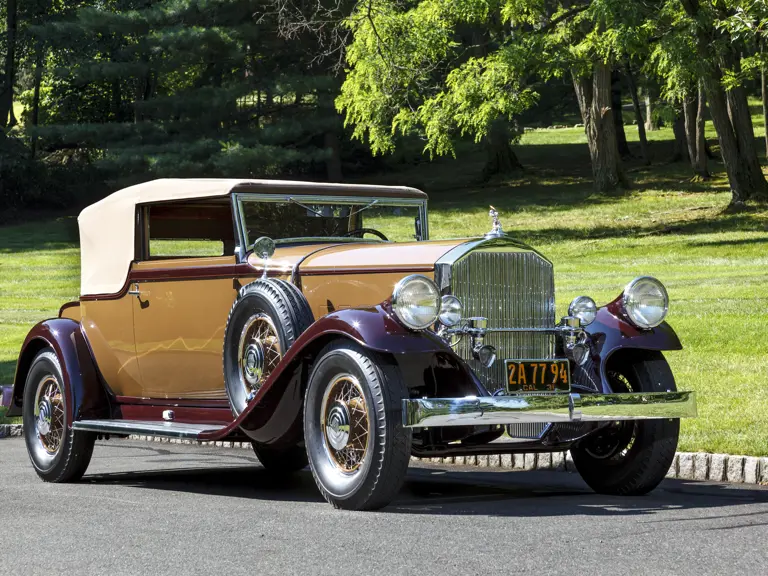
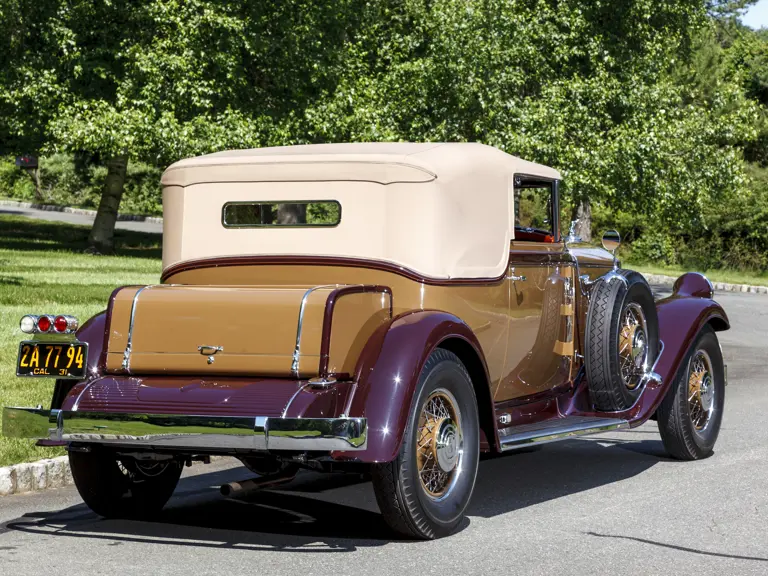
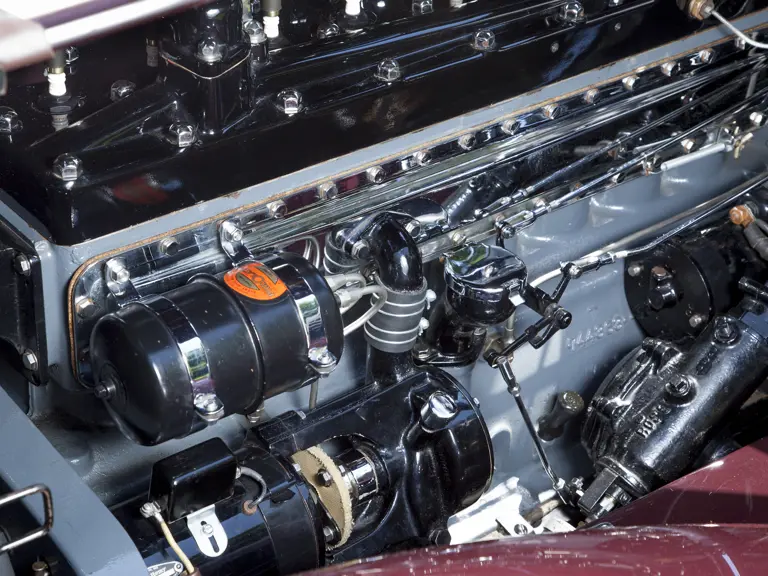
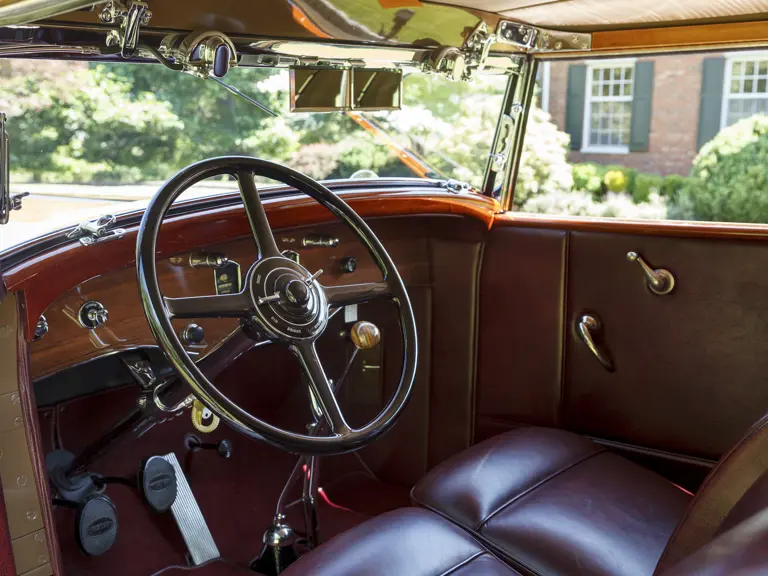
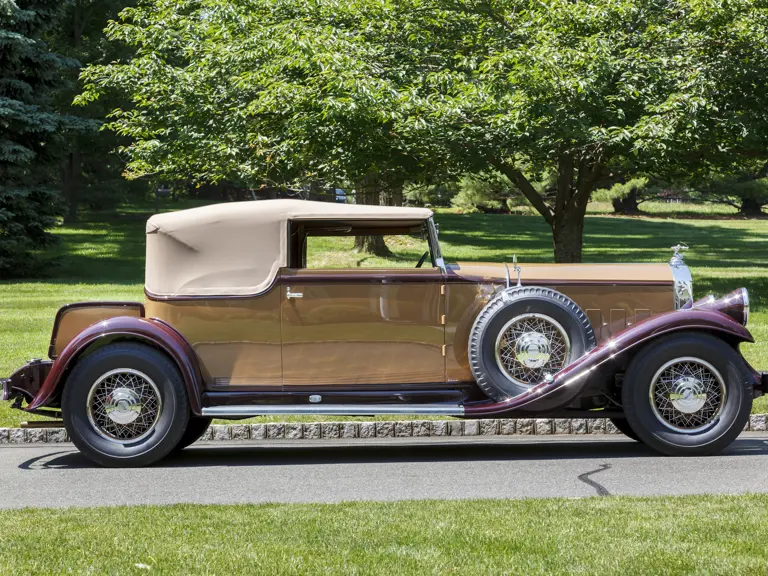
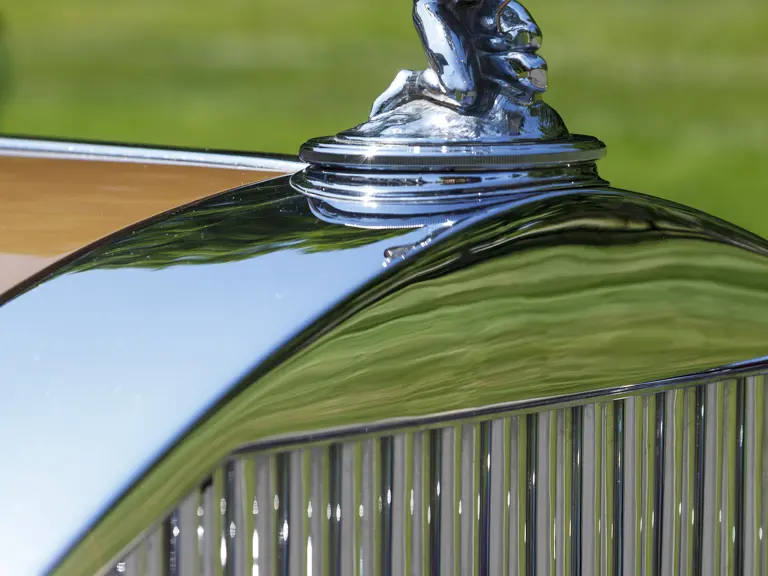
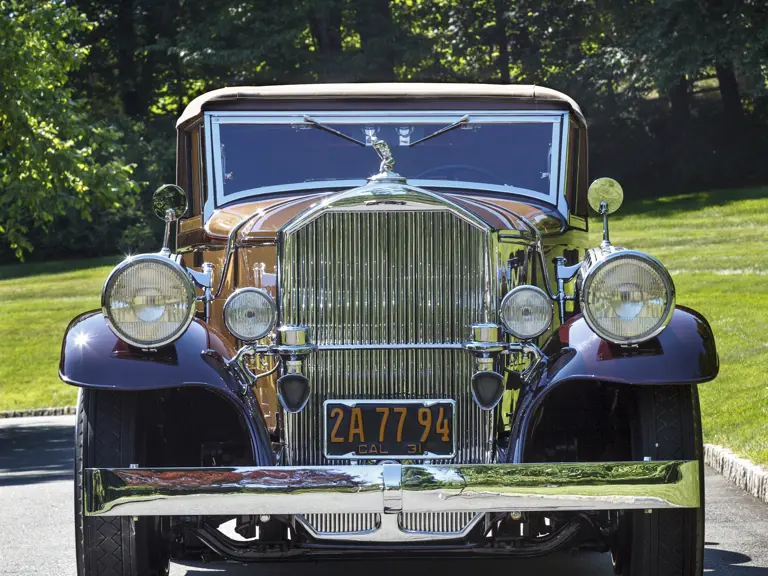
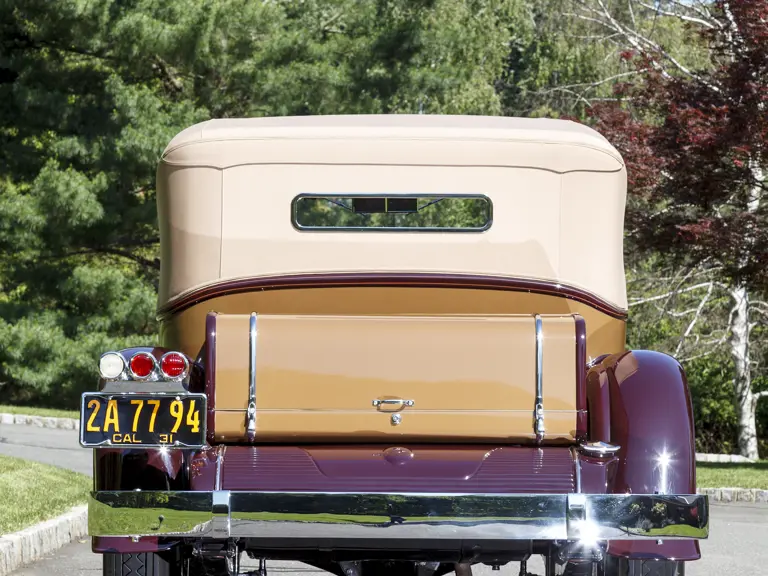
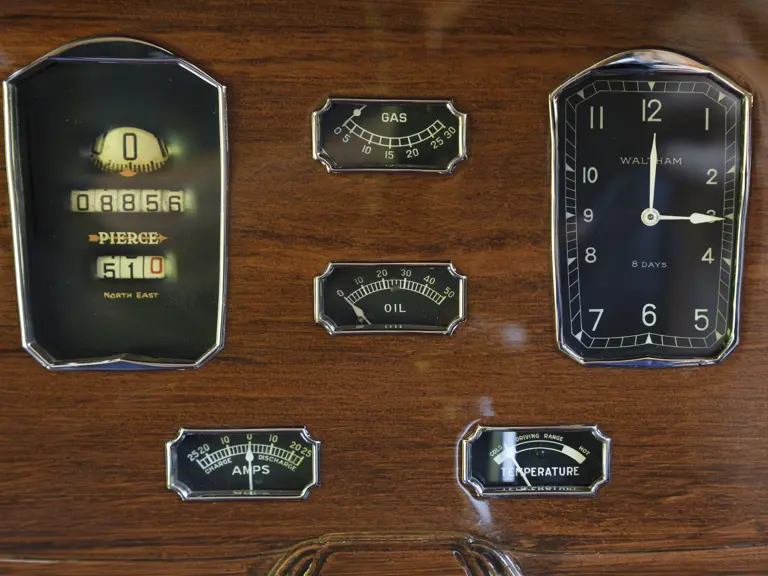

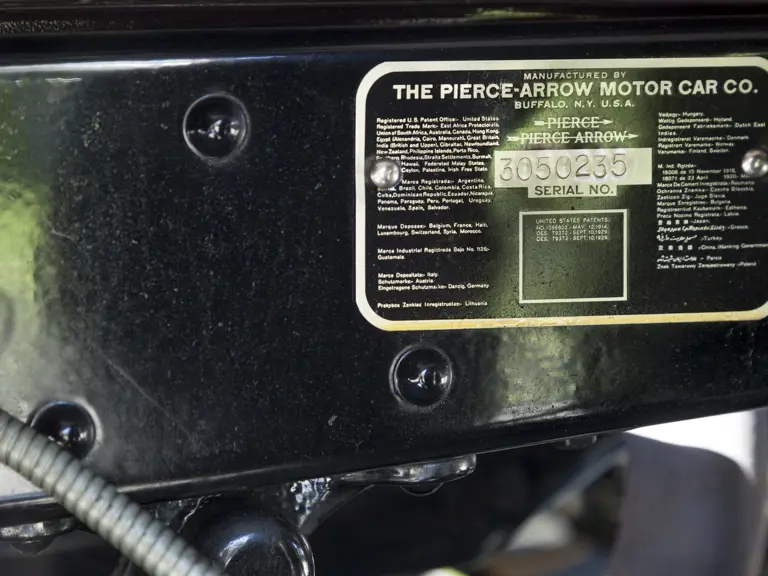
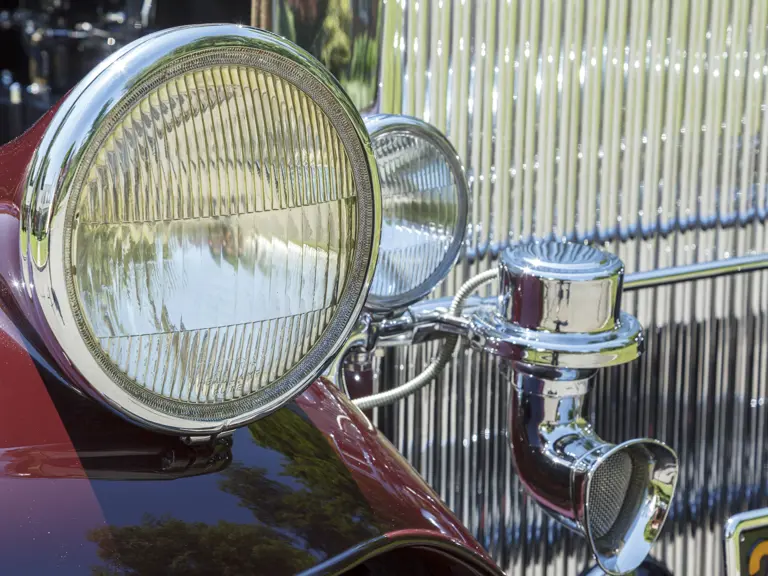
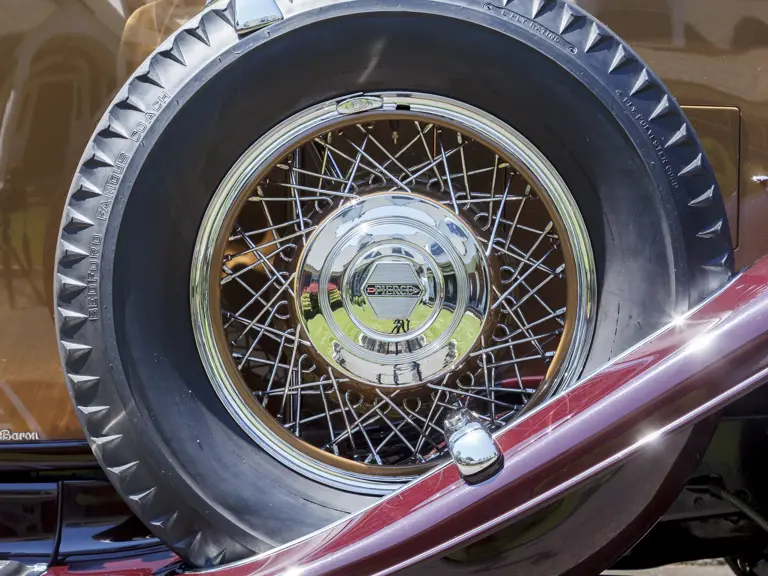
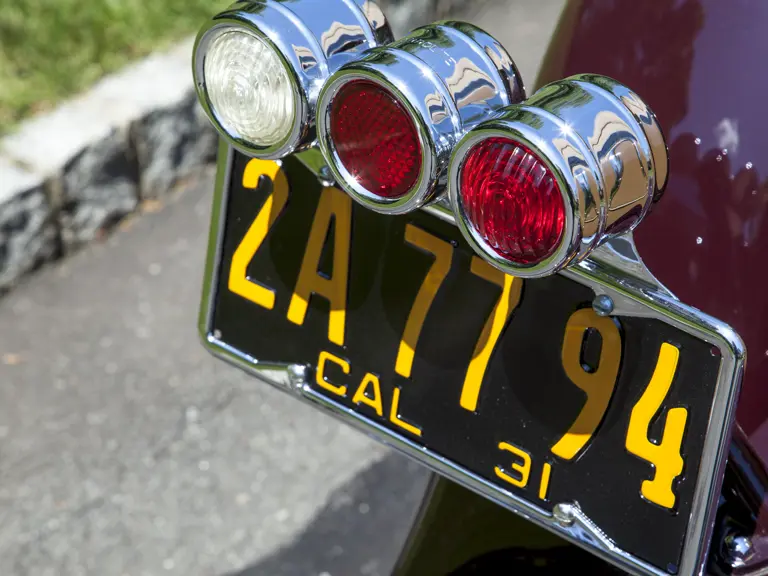
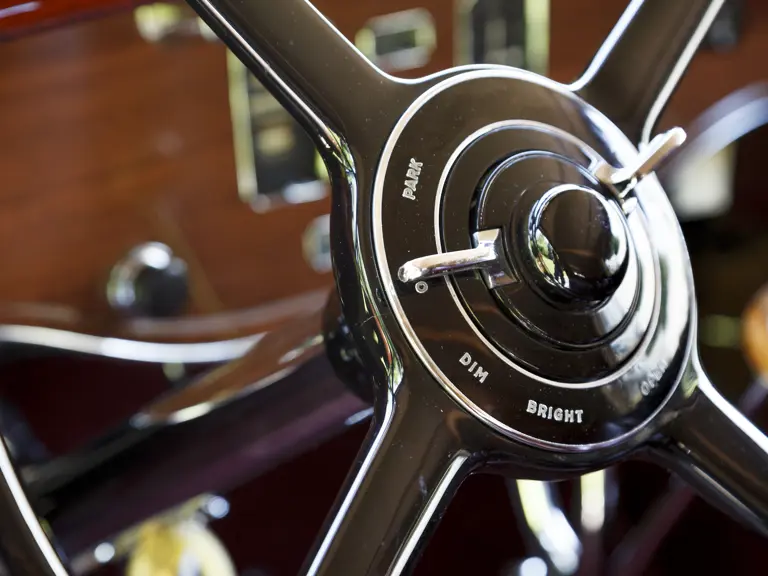
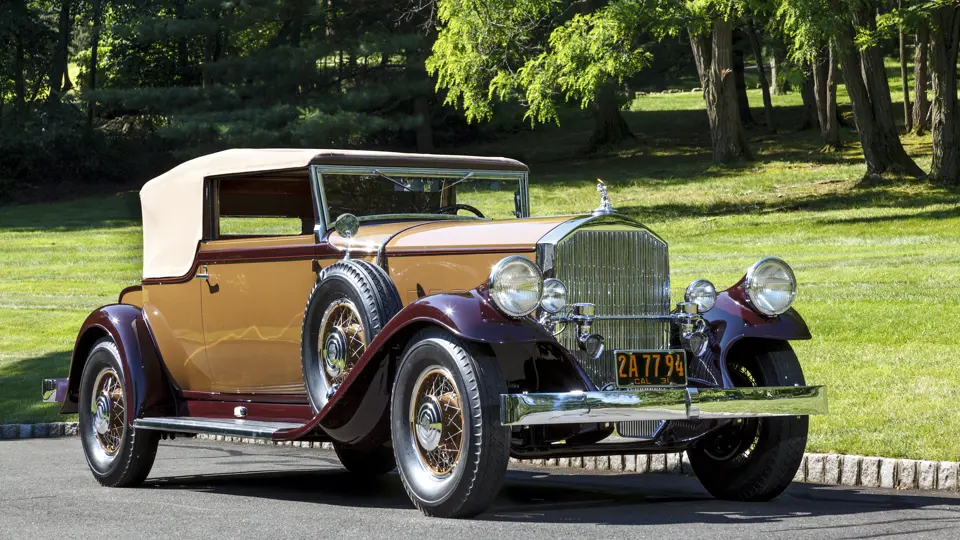
 | Monterey, California
| Monterey, California
